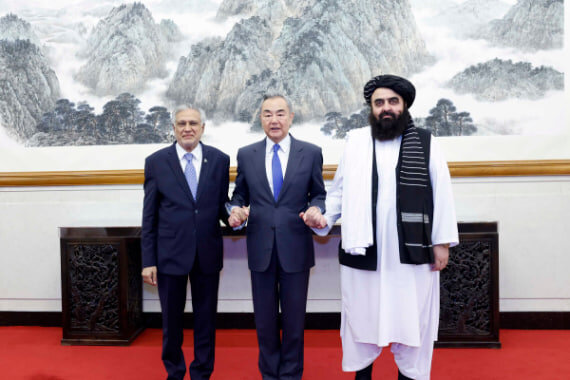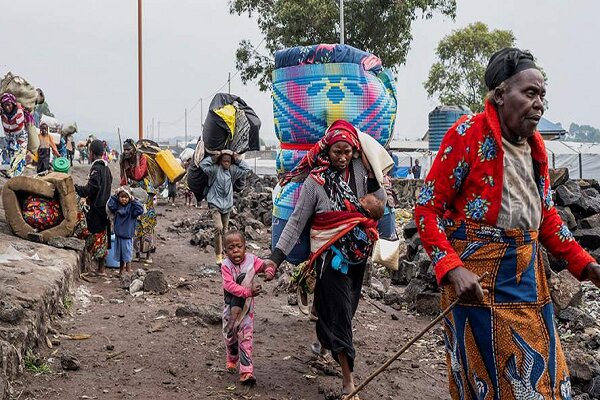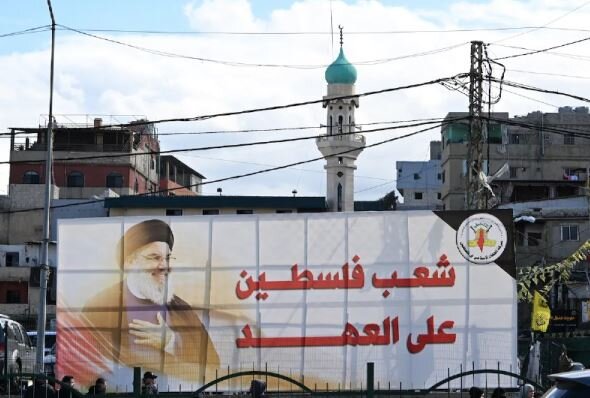Pakistan and Afghanistan Strengthen Relations: Key Talks with China Pave the Way for Renewed Ties
In a significant geopolitical shift, Pakistan is currently navigating a complex diplomatic landscape while maintaining tensions with its longtime rival, India. Following a recent exchange of missiles and drones, Pakistan has intensified its diplomatic initiatives with neighboring countries, particularly China and Afghanistan. These efforts could potentially pave the way for the formal resumption of diplomatic relations between Islamabad and Kabul, which have been strained for nearly four years.
This week, an informal trilateral meeting took place in Beijing on May 21, featuring the foreign ministers of China, Pakistan, and Afghanistan. This forum, originally launched in 2017, last convened in May 2023. The meeting aimed to address the growing concerns in the region and foster cooperation among the three nations.
According to Chinese Foreign Minister Wang Yi, a key outcome of this meeting was the expressed willingness of both Pakistan and Afghanistan to restore diplomatic relations. This development is particularly noteworthy given the heightened tensions that have characterized interactions between the two countries in recent years. Wang stated, “Afghanistan and Pakistan expressed clear willingness to elevate diplomatic relations and agreed in principle to exchange ambassadors as soon as possible. China welcomed this and will continue to provide assistance for the improvement of Afghanistan-Pakistan relations.”
China’s Role in Facilitating Peace
The recent meeting has highlighted China’s crucial role as a mediator in South Asia, especially as India strengthens its ties with Kabul. The China-Pakistan Economic Corridor (CPEC), valued at $62 billion, is set to extend into Afghanistan, further intertwining the economic interests of these nations. This initiative is part of China’s broader Belt and Road Initiative (BRI).
A Pakistani diplomat, who spoke to Al Jazeera under the condition of anonymity, mentioned that the next round of trilateral meetings is expected to occur “very soon,” within the coming weeks. This continuation reflects the momentum generated by the discussions in Beijing. The diplomat expressed optimism, stating, “I am reasonably optimistic about the outcomes. It was a great confidence- and trust-building exercise between the three countries.”
Context of Indo-Pakistani Tensions
The trilateral meeting comes on the heels of a recent four-day standoff between Pakistan and India, during which both nations proclaimed “victory” while launching diplomatic offensives to assert their dominance. The conflict, which lasted from May 7 to May 10, was triggered by Indian strikes targeting what it described as “terrorist infrastructure” in Pakistan. This was in retaliation for the devastating Pahalgam attack in Indian-administered Kashmir that resulted in the deaths of 26 civilians. India has attributed the attack to armed groups based in Pakistan, a claim that Islamabad vehemently denies.
In light of these tensions, China has called for restraint from both sides to prevent further escalation. Despite these calls for calm, Pakistan has showcased its military capabilities by deploying Chinese fighter jets, missiles, and air defense systems during this period.
Future Prospects for Pakistan and Afghanistan
The recent diplomatic engagements suggest a potential thaw in relations between Pakistan and Afghanistan, with both nations recognizing the need to improve their ties. Key points from the Beijing meeting include:
- Renewed Commitment: Both countries have signaled their willingness to exchange ambassadors, marking a significant step toward normalizing relations.
- Chinese Mediation: China continues to play a vital role in facilitating discussions and providing support for Afghan-Pakistani relations.
- Economic Collaboration: The extension of the CPEC into Afghanistan symbolizes deepening economic ties and mutual interests.
- Upcoming Meetings: Further trilateral meetings are anticipated, with an aim to build on the progress made in Beijing.
As the region navigates these complex dynamics, the outcome of the diplomatic efforts will be closely monitored by international observers. The situation remains fluid, and the potential for improved relations between Pakistan and Afghanistan could have far-reaching implications for regional stability and security.






